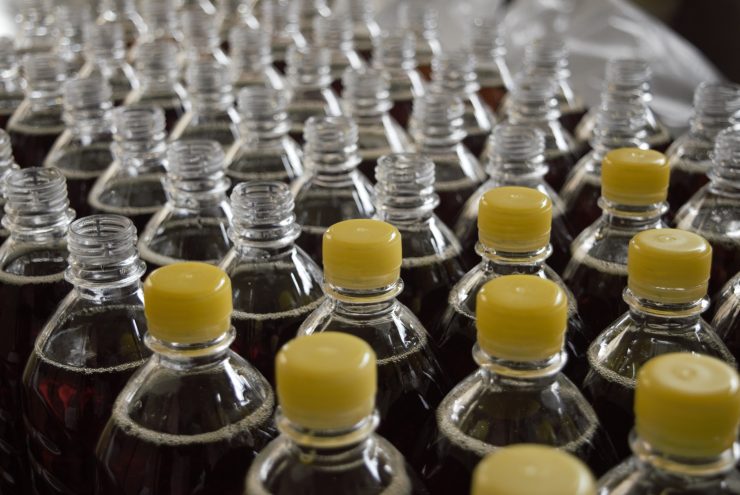Scaling-up production can be tricky. Co-packers can provide quick access to scale, but only by precipitating new processes, sourcing requirements, recipe modifications, and distribution changes. Co-packing is always a complicated commercial transaction, and it needs to be carefully managed in writing.

A Co-Packer Agreement is an agreement between a food business and a third party manufacturer agreeing to produce a product to the specs of the food business. The co-packing relationship is central to the food system and to almost all of our client’s businesses.
- They are very popular. Only the most successful food businesses operate their own facilities. About 80% of the food you eat is manufactured by co-packers.
- There are many benefits. Co-Packers provide quick and impactful solutions for growing your food business.
- We have navigated many. Given the popularity of this agreement, we’ve had a substantial amount of experience helping our clients in this category.
The right co-packer can provide invaluable guidance on shelf stability, production efficiency, and even labeling and distribution.
For all its utility, the co-packing relationship can create several areas of commercial risk for a food business. We scrutinize five key areas of the co-packing relationship in our agreements:
- Labeling and Marketing. Food businesses are responsible for making sure that the information on the outside of the package matches up with what is inside.
- Undeclared Allergens. Undeclared allergens are the leading reason for FDA recall. Co-packers can accidentally introduce undeclared allergens into the product if they do not carefully source product ingredients.
- Recall: Food product recalls have a cost component and a management component. The obligation for paying for a recall is different from the risk of managing a recall.
- Intellectual Property. Using a co-packer means handing over your recipe – valuable intellectual property. This information can be used to create a competing product if you are not careful.
- Co-packer agreements have the same basic commercial components as any other contract – how much is to be purchased, where it will be delivered, and how much it will cost.
When utilizing a co-packer, you are handing over the management of these risks to a third party, but you do not necessarily delegate the financial or legal responsibility that you keep, unless you are careful. Each of the identified risks can be moved between the co-packer and the food business. So long as the parties know what they are responsible for, they can focus on mitigation. We identify the risks during contract negotiation, and delegate the responsibilities using a written instrument.
Essentially, co-packing will require you to trust another company’s work as your own. It is imperative you protect yourself and specify exactly what a successful product is to ensure quality standards and create a plan for what a product recall may require. If this sounds too intimidating, remember that 80% of food is made by co-packers. Vast amounts of food are produced with this transaction, and all of the risks are manageable if addressed properly in a written agreement.
The agreement will be exactly what you make it – you must decide how specific you want or need to be (and that’s where our expertise often comes in). With a co-packer, your food business will still be the one held responsible for any poorly produced product. Even if the co-packer is 100% to blame, the food business that puts its name on the package will be what the disappointed customer will remember.
No one ever wants a recall to happen but having a plan to implement one can make all the difference in terms of damage control. You can prepare ahead of time by outlining quality standards for you and for the co-packer in your agreement. This lets the co-packer know exactly what they’re getting into, sets the tone for the business relationship and helps to ensure the highest caliber of quality in your end product.
By partnering with the Food Law Firm to create your co-packer agreement, you’ll be covered and protected from the risks associated with a co-packer. Contact us today to learn more.















